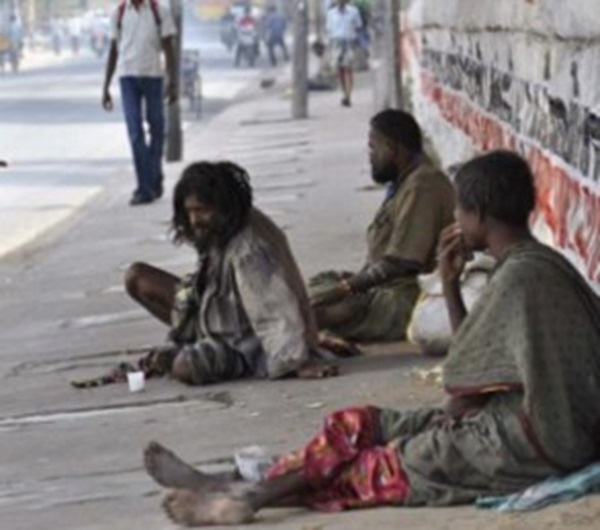The Upper East Region of Ghana is grappling with a significant mental health challenge, as revealed by recent data from the Regional Mental Health Coordinator. During the first quarter of 2025, health facilities recorded 611 cases, encompassing a range of conditions including bipolar disorders, depression, and alcohol-related issues. However, this figure represents only the tip of the iceberg, according to Edem Quarshie Ameglah, who warns that the actual number of individuals suffering from mental health problems is likely far greater due to underreporting and barriers to accessing care. This underestimation stems from a convergence of factors, most notably the pervasive stigma surrounding mental illness within the community and a preference for faith-based healing practices over conventional medical treatment.
The stigma associated with mental illness acts as a powerful deterrent, preventing individuals from seeking professional help. It fosters an environment of shame and silence, where mental health challenges are often misconstrued as personal weaknesses, moral failings, or even spiritual afflictions. This perception creates a reluctance to acknowledge and address mental health issues openly, leading individuals to conceal their struggles and avoid seeking appropriate care. Consequently, many cases go unreported, hindering accurate assessment of the true prevalence of mental health disorders within the region and obstructing the development of effective intervention strategies.
Compounding the issue of stigma is the widespread reliance on faith-based healing centers. While these centers may offer comfort and support, they lack the expertise and resources to provide the necessary medical interventions for mental health conditions. Individuals often turn to these centers first, delaying or forgoing entirely the critical early diagnosis and treatment available at formal health facilities. This delay can have detrimental consequences, as mental health conditions, if left untreated, can escalate and significantly impact an individual’s overall well-being and functioning.
Addressing this complex challenge requires a multi-pronged approach that prioritizes community-wide education and destigmatization efforts. Ameglah emphasizes the urgent need for public awareness campaigns to dispel misconceptions about mental illness and promote understanding of its medical nature. It is crucial to shift the narrative surrounding mental health, framing it as a health issue no different from any other physical ailment. This shift in perspective can empower individuals to seek professional help without fear of judgment or discrimination.
Furthermore, collaborative efforts are essential to bridge the gap between traditional beliefs and modern medical practices. Engaging traditional leaders, religious institutions, and community organizations is crucial in disseminating accurate information about mental health and encouraging early intervention. These trusted figures within the community can play a vital role in dispelling myths, promoting acceptance, and guiding individuals towards appropriate medical care. By working together, these stakeholders can create a supportive environment that encourages help-seeking behavior and ensures access to necessary services.
Ultimately, tackling the mental health crisis in the Upper East Region requires a sustained commitment to addressing the root causes of underreporting and delayed treatment. By dismantling the stigma surrounding mental illness, promoting early intervention, and fostering collaboration between formal healthcare systems and community-based support networks, the region can pave the way for improved mental health outcomes and create a more inclusive and supportive environment for all its residents. This necessitates a comprehensive strategy that prioritizes education, access to care, and destigmatization, ultimately empowering individuals to seek help without fear and fostering a community that understands and supports mental well-being as an integral part of overall health.


